Blood Centrifuges: An Essential Tool for Laboratories
Blood centrifuges are vital instruments in laboratory settings, designed to separate different components of blood through centrifugal force. These devices are crucial for a variety of applications, from clinical diagnostics to research purposes. Understanding the functionality and types of blood centrifuges is essential for selecting the right equipment for blood centrifuging tasks.
Types of Blood Centrifuges
The market offers a diverse range of blood centrifuges, each tailored to specific needs. Centrifuge for blood samples is a broad category that includes blood bank centrifuge models, designed for processing larger volumes of blood, and prp centrifuge devices, which are specialized for platelet-rich plasma separation. For blood bags, a blood bag centrifuge is specifically engineered to handle the size and safety requirements. In settings where temperature control is crucial, refrigerated centrifuge for blood bank applications ensures that samples are kept at optimal temperatures during processing.
Applications and Features
Blood centrifuges are not limited to a single function; they are instrumental in various procedures. The centrifuge whole blood process is a common application, which involves separating plasma, platelets, and red blood cells. This is critical for transfusion medicine and for obtaining buffy coat in centrifuged blood, which is used in diagnostic testing. In phlebotomy labs, a phlebotomy centrifuge is routinely used to prepare blood samples for further analysis. Additionally, gel card centrifuge models are employed in immunohematology to perform blood typing and compatibility testing.
Advantages of Modern Blood Centrifugation
Modern blood centrifuges come with a host of features that enhance their utility and safety. Devices that adhere to the bd vacutainer centrifugation guide ensure that blood sample integrity is maintained throughout the process. Moreover, centrifuges used in blood banks often have safety features to accommodate the delicate nature of blood products. The use of an fda approved centrifuge for prp ensures compliance with regulatory standards, providing assurance of reliability and efficacy in clinical settings.
Choosing the Right Blood Centrifuge
Selecting the appropriate blood centrifuge requires consideration of several factors, including the specific application, sample volume, and the need for temperature control. For instance, a refrigerated blood bag centrifuge is ideal for blood bank applications where temperature-sensitive blood components must be preserved. The blood centrifugation rpm is another critical specification that varies depending on the procedure and the desired outcome. It is important to match the centrifuge's capabilities with the laboratory's requirements to ensure optimal results.
Conclusion
Blood centrifuges are indispensable in the medical and research fields, offering precision and efficiency in separating blood components. By understanding the various types and features of these devices, laboratories can make informed decisions to meet their specific needs. While Alibaba.com facilitates the connection between buyers and suppliers, it is the responsibility of the buyer to assess the specifications and compliance of the equipment to ensure it meets their application demands.








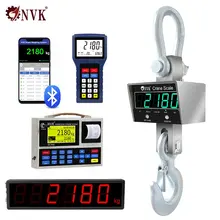

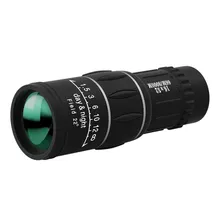

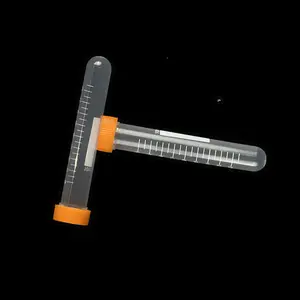
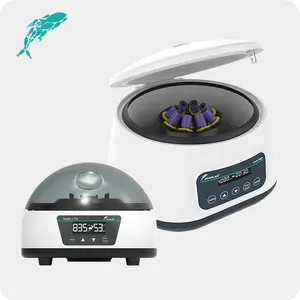
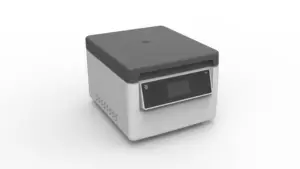














 浙公网安备 33010002000092号
浙公网安备 33010002000092号 浙B2-20120091-4
浙B2-20120091-4